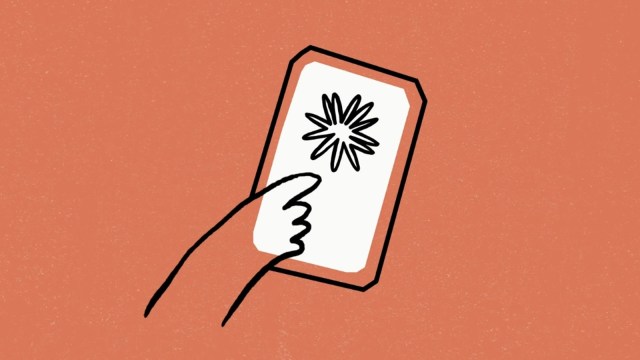Anthropic wins early round in music publishers’ AI copyright case
A California federal judge denied music publishers' request to block AI company Anthropic from using copyrighted lyrics to train its chatbot, Claude.
 Anthropic offers software developers three versions of Claude. (Image source: Anthropic)
Anthropic offers software developers three versions of Claude. (Image source: Anthropic)Artificial intelligence company Anthropic convinced a California federal judge on Tuesday to reject a preliminary bid to block it from using lyrics owned by Universal Music Group tab and other music publishers to train its AI-powered chatbot Claude.
U.S. District Judge Eumi Lee said that the publishers’ request was too broad and that they failed to show Anthropic’s conduct caused them “irreparable harm.”
The publishers said in a statement that they “remain very confident in our case against Anthropic more broadly.” An Anthropic spokesperson said the company was pleased that the court did not grant the publishers’ “disruptive and amorphous request.”
Music publishers UMG, Concord and ABKCO sued Anthropic in 2023, alleging that it infringed their copyrights in lyrics from at least 500 songs by musicians including Beyoncé, the Rolling Stones and the Beach Boys.
The publishers claimed Anthropic used the lyrics without permission to train Claude to respond to human prompts.
The lawsuit is one of several arguing that copyrighted works by authors, news outlets, visual artists and others have been misused without consent or payment to develop AI products.
Tech companies including OpenAI, Microsoft tab and Meta Platforms have said that their systems make “fair use” of copyrighted material under U.S. copyright law by studying it to learn to create new, transformative content.
Fair use is likely to be the determinative question in the lawsuits, though Lee’s opinion did not specifically address the issue.
Lee rejected the publishers’ argument that Anthropic’s use of their lyrics caused them irreparable harm by diminishing their licensing market.
“Publishers are essentially asking the Court to define the contours of a licensing market for AI training where the threshold question of fair use remains unsettled,” Lee said.







